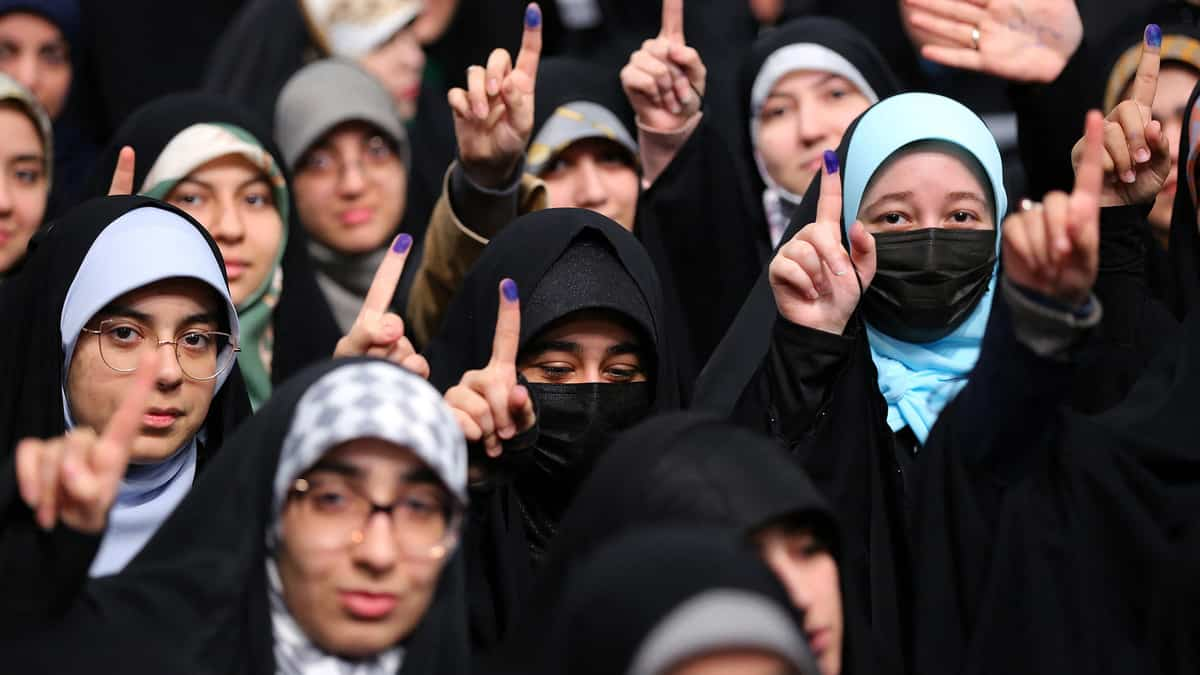Iranian authorities are currently conducting “widespread surveillance” of women in public spaces and “massive police checks” of female drivers for veiling, resulting in “tens of thousands” of confiscations of their vehicles, an Amnesty International report said on Wednesday.
“Tens of thousands of women are having their cars arbitrarily confiscated to punish them for daring to defy Iran's compulsory veil laws. Others are prosecuted and sentenced to flogging or imprisonment, fined or forced to attend “morality” courses,” Amnesty denounces in this report, which is based on the testimonies of dozens of women living in Iran.
“To break resistance to veiling in the wake of the Women, Life, Freedom uprising, the Iranian authorities are terrorizing women and girls by subjecting them to constant surveillance and policing,” said Diana Eltahawy, deputy director for the Middle East North Africa at Amnesty International, in a press release.
“According to official announcements, since April 2023, the moral police in Iran have ordered the arbitrary confiscation of tens of thousands of vehicles whose drivers or passengers, some as young as nine years old, were not wearing a headscarf or were wearing it in an “inappropriate” manner,” the statement added added.
According to testimonies collected by Amnesty, “these orders are based on images captured by surveillance cameras or on reports from plainclothes officers patrolling the streets who use the police application Nazer to identify the license plates of vehicles, including drivers or passengers report.” don’t follow the rules.
“The affected women and their relatives receive threats via text message or phone call, demanding that they report to the moral police and hand in their vehicles,” Amnesty reports.
“For several months, the police have indiscriminately and massively stopped and checked cars, targeting female drivers on busy roads (…),” denounces Amnesty, saying it has spoken to eleven women in particular who were “ “The Chases” reported intimidating stops and immediate seizures as they went about their daily activities.
In addition, according to testimonies collected by Amnesty, women are regularly denied access to public transport, airports and banking services if they do not wear a veil.
In recent months, more and more women have appeared in public without veils, especially after the protest movement sparked by the death in Tehran in September 2022 of 22-year-old Iranian Kurd Mahsa Amini, who was arrested by Tehran police in Darin accused him of violating the Islamic Republic's dress code, particularly requiring women to wear veils in public places.

